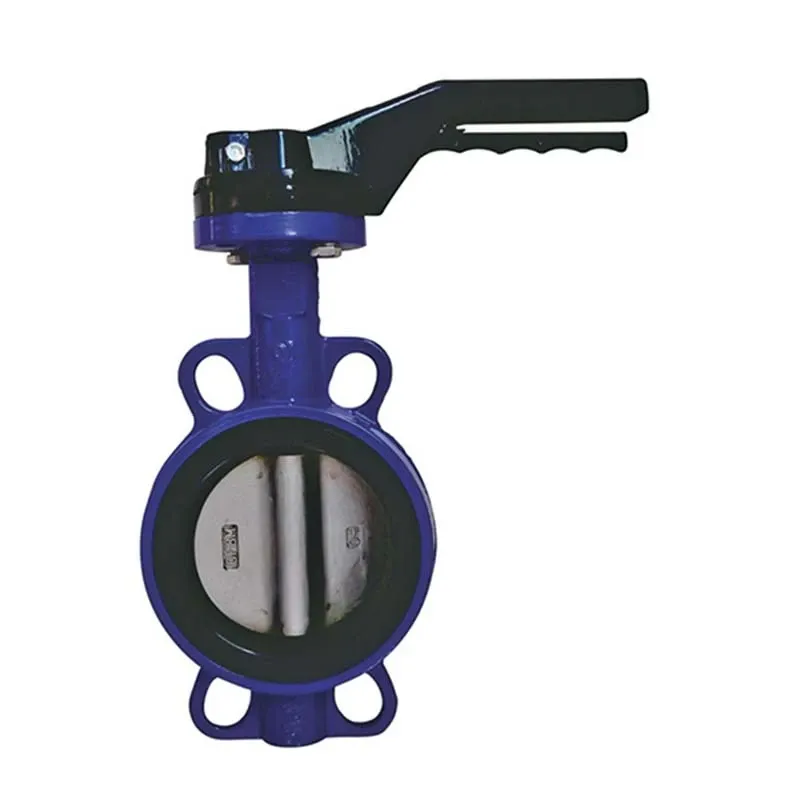Nov . 11, 2024 02:55 Back to list
Industrial Water Control Valves for Efficient Flow Management and Resource Conservation
The Importance of Industrial Water Valves in Modern Manufacturing
In the realm of industrial manufacturing, the flow and management of water is crucial for a myriad of processes. From cooling systems and boilers to various manufacturing processes, water serves as an essential resource. This brings us to an indispensable component of these systems the industrial water valve. Understanding the role of these valves, their types, applications, and maintenance is essential for optimizing industrial operations and enhancing efficiency.
Overview of Industrial Water Valves
Industrial water valves are devices that control the flow of water within a mechanical system. These valves can regulate, direct, and control the water flow in various applications, ensuring that systems operate smoothly and efficiently. Valves are vital in preventing system failures, leaks, and other issues that can hamper productivity.
The different types of industrial water valves include gate valves, globe valves, ball valves, and check valves, among others. Each type of valve has specific characteristics that make it suitable for particular applications. For instance, ball valves are prized for their excellent sealing capabilities and quick operation, while globe valves offer better flow regulation.
Applications of Industrial Water Valves
1. Cooling Systems In industrial settings, cooling systems are crucial for maintaining optimal temperatures in machinery and processes. Water valves play a pivotal role in controlling the flow of coolant, ensuring that machines do not overheat and continue to operate efficiently.
2. Boiler Systems Water valves are essential in boiler systems, allowing for precise control of water feed and steam release. Proper management of water is vital for the safe and effective functioning of boilers, which are commonly used in various manufacturing processes.
3. Water Treatment In industries that rely on water treatment processes, valves are instrumental in controlling the flow of treated and untreated water. Properly functioning valves ensure that the treatment process is efficient and safe, protecting both the environment and public health.
4. Irrigation Systems Agricultural industries also benefit from industrial water valves, which regulate water flow in irrigation systems. Efficient management of water resources is crucial in agriculture, making these valves essential for crop health and yield.
industrial water valve

5. Chemical Processing In chemical manufacturing, valves help control the flow of both water and chemicals in a safe and regulated manner. The ability to manage these flows effectively reduces hazards and improves process efficiency.
Importance of Maintenance
The efficiency and reliability of industrial water valves are heavily influenced by regular maintenance. Over time, wear and tear, corrosion, and sediment buildup can affect the performance of valves, leading to leaks and system failures.
Regular inspection and maintenance routines should include checking for leaks, ensuring that moving parts are operational, and cleaning any build-up that may inhibit functionality. It is recommended to replace worn-out seals and components proactively to avoid unexpected downtime, which can be costly.
Moreover, it’s important to choose the right materials for valves in relation to the specific industrial environment. For instance, stainless steel valves are ideal for corrosive environments, while PVC may be suitable for low-pressure applications.
Future Trends
As industries increasingly adopt automation and smart technology, the future of industrial water valves is likely to incorporate smart sensors and AI technologies. These advancements will allow for real-time monitoring and more precise control over water management systems, leading to greater efficiency and resource conservation.
Furthermore, the push for sustainability in industrial practices is driving innovations in water valves that promote reduced water waste and enhanced recycling processes.
Conclusion
Industrial water valves are fundamental components of manufacturing and processing systems across various industries. Their ability to regulate and control water flow not only ensures the efficiency of operations but also contributes to safety and sustainability. Ongoing advancements in valve technology and a focus on effective maintenance will continue to enhance their role in modern industry. Understanding how to select, implement, and maintain these valves is essential for any industrial operation aiming to thrive in today's competitive landscape. As industries evolve, so too will the technologies and methodologies surrounding industrial water valves, ensuring they remain a key player in efficient resource management.
Share